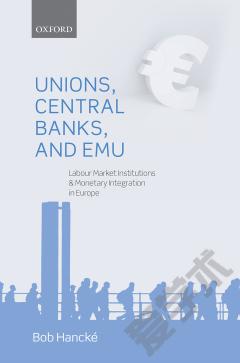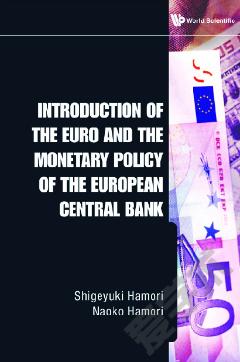Unions, Central Banks, and EMU —— Labour Market Institutions and Monetary Integration in Europe
----- 工会,中央银行和鸸鹋:欧洲的劳动力市场制度和货币一体化
First book to understand the crisis of EMU through a comparative political economy perspective Understands EMU as a 30-year long project in three stages, and examines each stage both as an independent problem and as a part of an unfolding narrative Lays out the key analytical problem prior to engaging empirical detail Includes new material on the 1980s, the social pacts in the 1990s, and labour unions in the 2000s This book examines the crisis of EMU through the lenses of comparative political economy. It retraces the development of wage-setting systems in the core and peripheral EMU member states, and how these contributed to the increasing divergence between creditor and debtor states in the late 2000s. Starting with the construction of the Deutschmark bloc, through the Maastricht process of the 1990s, and into the first decade of EMU, this book analyzes how labour unions and wage determination systems adjusted in response to monetary integration and, in turn, influenced the shape that monetary union would eventually take. Before the introduction of the Euro, labour unions were disciplined by central banks and governments, after social conflict in the north of the continent and with the use of social pacts in the others. Since controlling inflation had become the main goal of macro-economic policy, national central banks acted as a backstop to keep militant unions and profligate governments under control. Public sector wages thus were subordinated to manufacturing wages, a set-up policed by export sector unions, aided by the central bank. With the introduction of the single currency, the European Central Bank replaced the national central banks and, as a result, their capacity to control labour unions disappeared. The strong links between wages in the public sector unions and wages in the manufacturing export sector weakened dramatically in many countries, wage inflation re-emerged, and the stage was set for the current account divergences at the basis of the crisis of EMU.
{{comment.content}}








 京公网安备 11010802027623号
京公网安备 11010802027623号